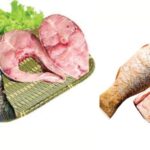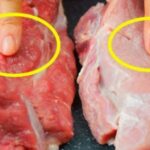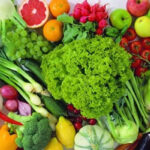Parasitic worms and other organisms pose a significant risk to human health. They can reside on food items and enter our bodies when we consume food that has not been properly cleaned or cooked.
According to experts from the Ho Chi Minh City Institute of Malaria, Parasitology, and Entomology, intestinal flukes are a type of small fluke that parasitizes the intestines of humans and some livestock, especially pigs. They can live in the intestines and lay eggs, which are then excreted, contaminating water sources. The fluke eggs continue to develop into larvae, seeking a snail host. The larvae further mature as they parasitize the snail. Meanwhile, snails attach themselves to aquatic plants such as water spinach, water chestnuts, and lotus roots. When these contaminated aquatic vegetables are consumed, there is a risk of human infection with intestinal flukes, especially if the food is not properly prepared.
Four types of vegetables that can harbor worms and parasites
– Water spinach
There are two types of water spinach: one grown on land and the other cultivated in water. Water spinach tends to be crisper, sweeter, and more flavorful than its land-grown counterpart. Additionally, it grows relatively quickly.
However, water spinach often harbors more dirt, worms, and parasites. In some cases, farmers use stimulants to accelerate the growth and early harvest of the vegetable. These chemicals can have adverse effects on human health.
When consuming water spinach, ensure that you thoroughly wash the vegetable multiple times with clean water. Soaking it in a salt water solution can help remove impurities and contribute to the elimination of parasites. It is recommended to consume water spinach only after it has been properly cooked, avoiding the practice of eating it raw.
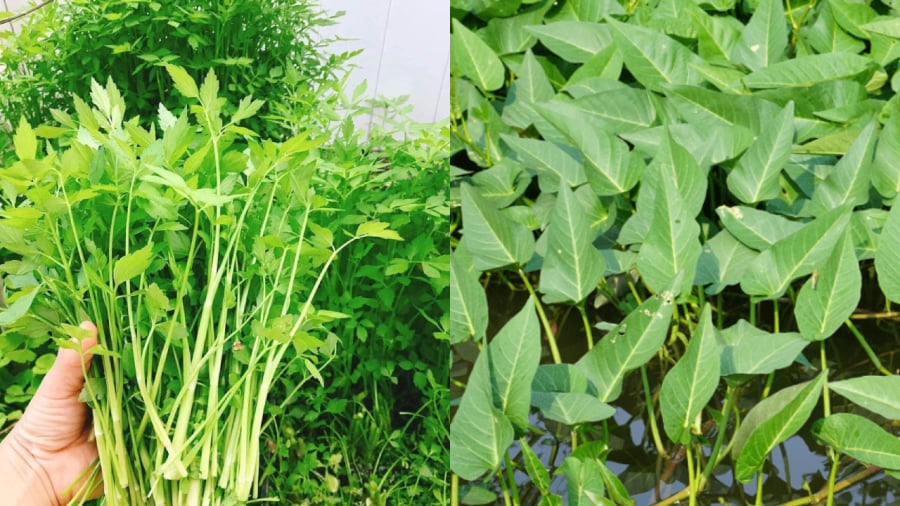
Water morning glory and water spinach may contain worms and parasites.
– Celery
There are two varieties of celery: dry land celery, grown in dry fields, and water celery, cultivated in ponds and shallow waters. Water celery is more likely to harbor worms and parasites due to the ease of propagation and dissemination of parasites in aquatic environments.
Therefore, before consuming celery, ensure that you thoroughly wash and soak it in salted water. It is crucial to cook celery adequately before consumption. High temperatures are the most effective method to eradicate parasites.
– Watercress
Watercress is a highly nutritious vegetable, rich in vitamins, calcium, and iodine. It aids in preventing diseases, lowering the risk of cardiovascular issues, goiter, and providing diuretic and detoxifying effects. Additionally, watercress contains ample fiber, benefiting the stomach, gallbladder, and reducing blood stasis…
However, watercress may harbor worms and parasites if grown in contaminated water. Thus, it is essential to thoroughly wash and cook the vegetable before consumption.
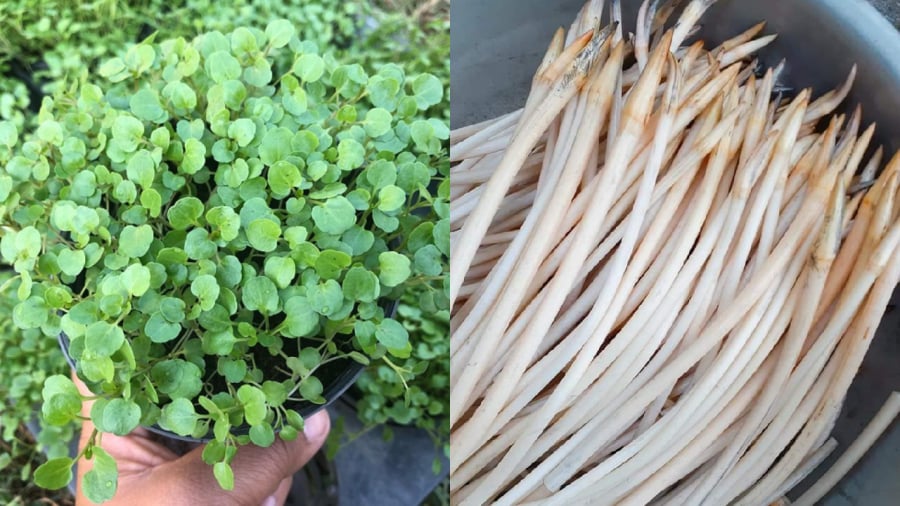
Watercress, lotus roots, and lotus stems are prone to parasite and larva infections.
– Lotus roots and stems
Lotus roots and stems are nutritious, containing calcium, phosphorus, iron, and vitamin C. However, as they grow in mud at the bottom of ponds, lakes, and marshes, they can easily become habitats for dangerous parasites. It is recommended to thoroughly wash the lotus roots to eliminate any residual mud and potential pathogens.

























